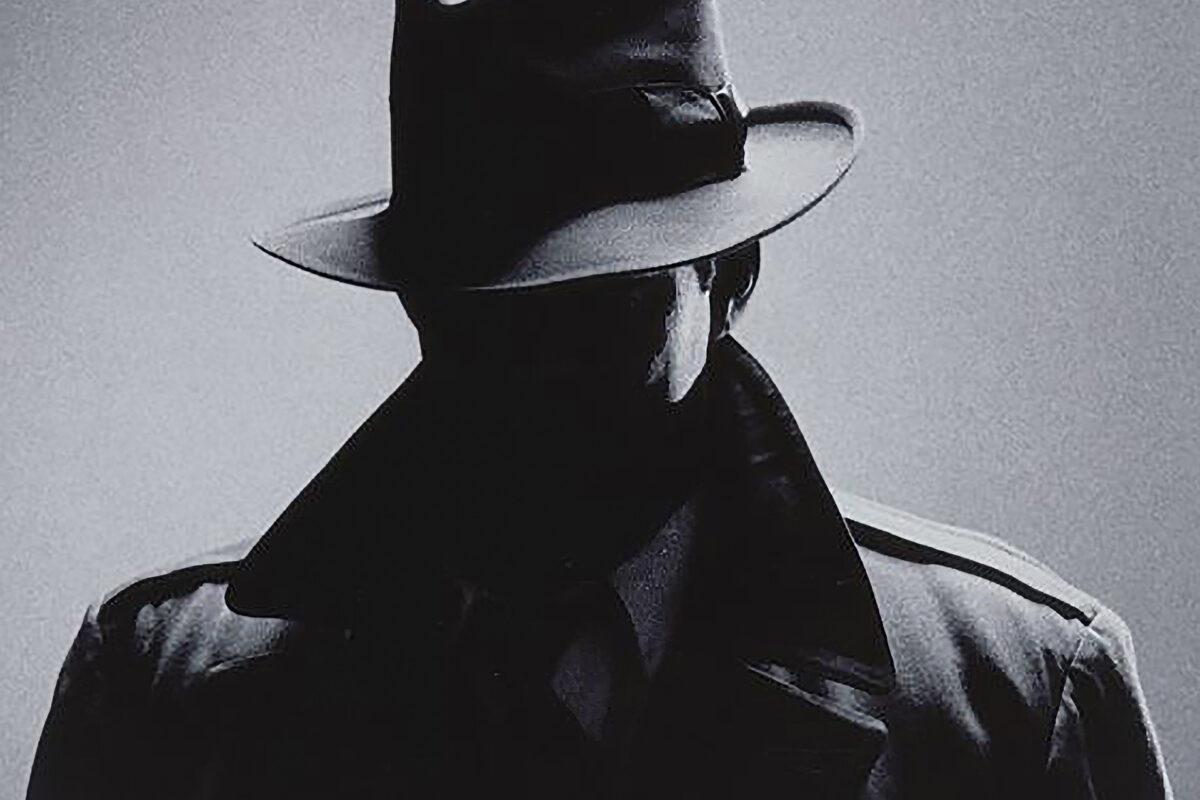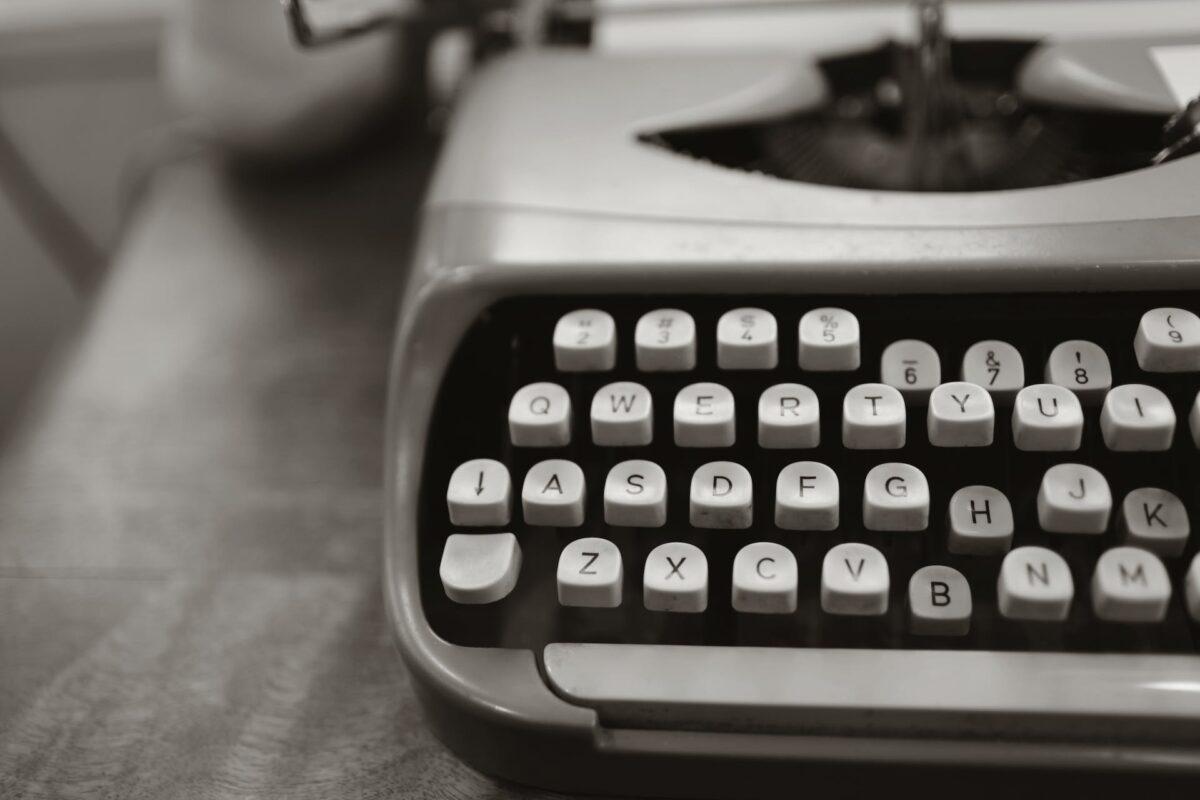January 1948, 9 AM.
The only sound to break through the stillness of the newly minted suburban street was the clamor of the moving vans emptying the contents of another too small apartment from the city or unloading the few items worth moving from the cramped upstairs room of the expectant couple finally leaving the prying eyes of the in-laws.
Mariam sat beneath the bedroom window that faced east, a window which would have awarded her a beautiful view of the sunrise, except for the just built house next door that blocked out most of the sun.
She put on her newly prescribed glasses, “Just a little bit of help on those close-up tasks, Miriam. Nothing to worry about,” and bent over her sewing machine, moving the wheel back and forth to find her place, then pushing down on the metal footplate. She loved the way the fabric felt in her hands. She loved the whir of the needle, the incredible speed in making stiches. Bubs had brought it home to her delightful surprise, only a few weeks after they moved in. Miriam had never been able to sew as well as the other girls in her sewing class, so instead she stuck to the simplest of tasks, like darning socks. But to her own surprise it didn’t take her long before she got the hang of it and she was just now making a pretty powder blue housedress. She’d gotten the pattern from the Sears and Roebuck catalog that came right to her mailbox door the very first week they’d moved in. She spent hours flipping through the pages, stopping to imagine that she was that kind of housewife, the sewing kind, the thin kind, the stylish kind. The perfect housewife, greeting her husband at the end of his working day with a smile and a pretty dress…and maybe even wearing the pearl necklace she saw at Alfred’s Jeweler, the fancy store that just opened on the avenue a few miles away.
Miriam raised her foot from the metal plate and looked at the little Bulova travel clock on her night table. It was time to feed the baby. She turned around to see the one-year-old sleeping peacefully, and just for one single moment, thought she’d give him an extra half hour. Then she remembered that starting the day off schedule always made the afternoon and the nights more difficult, so she turned off the machine, turned on the radio and went over to pick up her son.
The baby boy was sturdy and large for his age, with an already full head of jet-black hair. It was the Jewish custom to name the first born after a parent or grandparent that had died, so Abraham was named after Bub’s grandfather, the established king of the Gold family. His full name was Abraham Benjamin Gold. Mariam had disliked the name. She had hoped for a more modern name, or at least a new name, one that would fit into the new decade; like those billboards that reflected the new American Family, or those handsome, blonde families in her catalogue—not the offspring of the immigrants of eastern Europe. But she had nothing to say about it, it had been decided by the family. It was Mazal Brach as they say in the Diamond District; a done deal.
“Wake up Benny, time for lunch.”
She’d taken to calling him Benny at about six months, much to the exasperation of her husband.
“His name is Abraham.”
“That’s what I called your grandfather, Bubs.”
“I thought you liked the name.”
“Why? I never said so.”
“Because you just smiled when I said we will call him Abraham after my grandfather.”
“I was just out of anesthesia, Bubs, I think that was a gas pain.”
Mariam wrapped Bennie’s blanket a little tighter as she left the bedroom and walked the very short distance to the small kitchen. The baby sensed that it was feeding time and let out a couple of shrieks that made Marian turn her head sharply to avoid ear damage. She unwrapped the blanket around the baby and plopped him in his highchair. She looked around and spotted a clean squeeze toy on the kitchen counter.
“Here. Now let Mommy heat up your milk.”
Mariam opened her brand new GE refrigerator. It was a house gift from her parents. She did love the modern new appliance; it had a freezer built in—no more Icebox. But something about it bothered her; it was the color, she thought. It just wouldn’t have been her choice if she’d had one. But she didn’t. Her father had most likely made some kind of trade or deal to get it, maybe he was a Bookshop owner now, but he never really lost his love to hustle. In the Twenties, he ran a juice stand in Coney Island. “Pick your own Orange for Juice!” read the hand painted sign. He still had the silver-plated ornate Juicer sealed up and ready to go in his basement.
Miriam pushed thoughts away. The baby squeaked in harmony with his toy. She dipped her finger into the white enamel pot with the red around the ring. The milk was just right.
“Okay, Bennie. Just about ready.”
She grabbed the pot with her left hand and picked up the plastic bottle with her right and poured in the warm milk.
“Here baby. Warmed to the touch, just how you ordered it!”
Then she pulled out one of the four chrome and vinyl chairs from the Formica table that Bub’s parents bought them, sat down and thought about the choices she had made.




